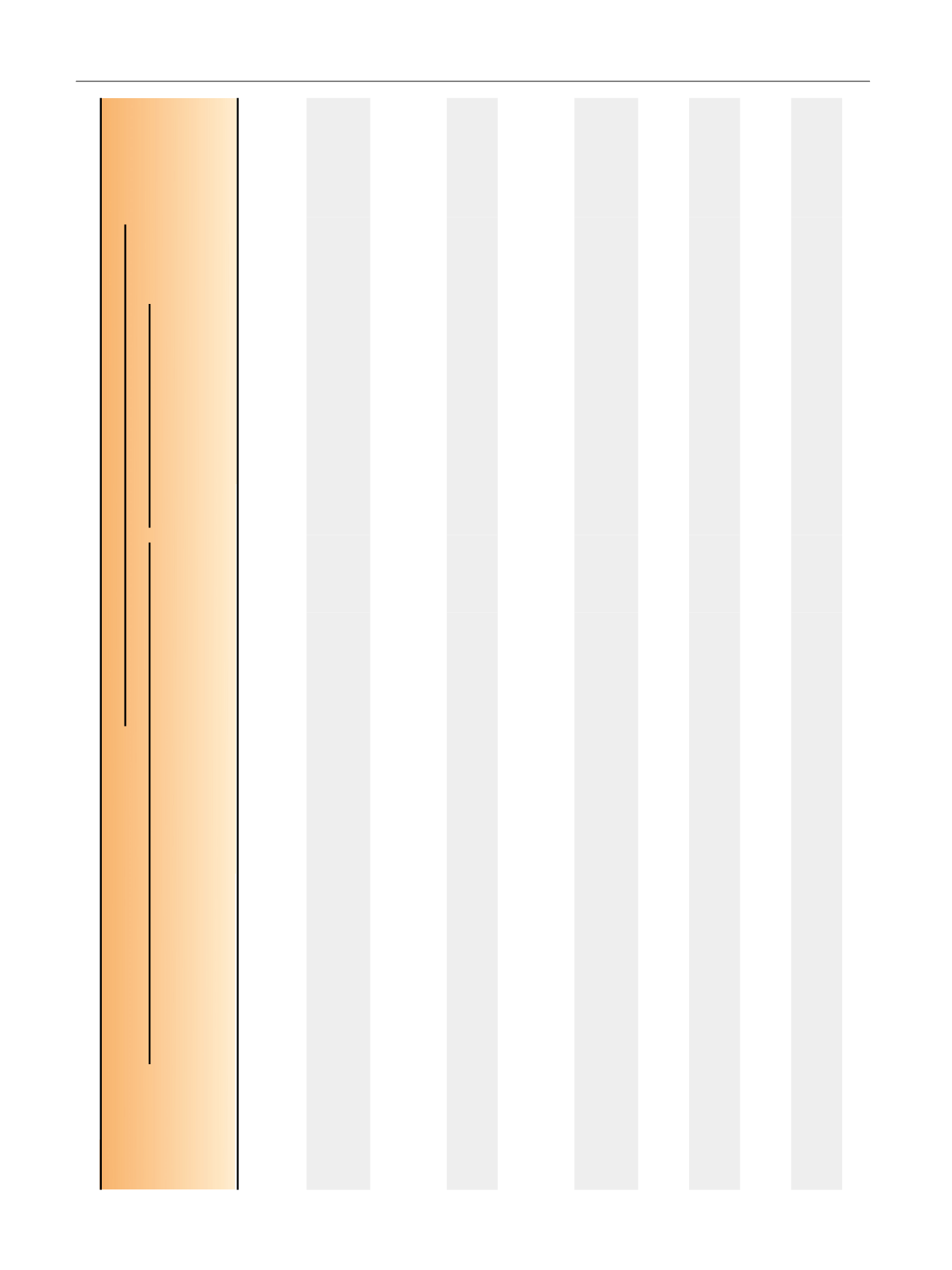

Table 5 – Effect on nocturnal voiding frequency of drug therapies compared against placebo
Study description
Results
Outcome
Active medication
Placebo
Author, yr
Active
medication
Main inclusion
criteria
Study
duration
Randomized
patients,
men (%) vs
women (%)
Mean
age SD
(range)
Total no.
patients
(
N
)
Mean
difference
(before
and after
intervention),
SD
Mean
age SD
(range)
Total no.
patients
(
N
)
Mean
difference
(before
and after
intervention),
SD
Mean
difference
IV, fixed,
95% CI
Djavan 2005,
[19]
Tamsulosin
0.4 mg
Men
>
45,
IPSS
>
13, flow
rate 4–12 ml/s
and
>
2
nocturnal voids
8 wk 117 men 117,
(100), women, (0)
66.8 8.5
(NA)
60 –1.1, NA
67.6 7.6,
(NA)
56
–0.7, NA
Not estimable Tamsulosin reduces
nocturnal frequency
and increase the
hours of undisturbed
sleep
Oelke 2014,
[39]
Tamsulosin
0.4 mg
Men 45, BPH,
LUTS duration
>
6 mo, IPSS 13,
max flow rate
4–15 ml/s
12 wk 340, men 340,
(100), women, (0)
63.5 NA
45–84)
165 –0.5, 0.1
63.7 NA,
(46–89)
172
–0.3, 0.1
–0.20,
(–0.22, –0.18)
Not significant
improvement in
nocturnal frequency
with tamsulosin over
placebo
Oelke 2014,
[39]
Tadalafil
5 mg OD
Men 45, BPH,
LUTS duration
>
6 mo, IPSS 13,
max flow rate
4–15 ml/s
12 wk 343, men 343,
(100), women, (0)
63.5 NA
(45–83)
171 –0.5, 0.1
63.7 NA,
(46–89)
172
–0.3, 0.1
Not estimable Not clinically
meaningful
improvement in
nocturnal frequency
with tadalafil over
placebo
Yokoyama 2011,
[32]
Solifenacin
5 mg
Age 20,
at least
1 nocturia episode
12 wk 653, men 111, (17)
women 542,
(83)
61.8 12.6
(NA)
321 –0.42, 1.5
61.5 12.2,
(NA)
332
–0.34, 1.4
–0.08,
(–0.31, 0.15)
Solifenacin 5 mg
increases nighttime
volume voided per
micturition
Yokoyama 2011,
[32]
Solifenacin
10 mg
Age 20,
At least 1
nocturia episode
12 wk 641,
men 96,
(15)
women 545,
(85)
60.6 12.6
(NA)
309 –0.46, 1.4
61.5 12.2,
(NA)
332
–0.34, 1.4
–0.12,
(–0.34, 0.10)
Solifenacin 10 mg
decreases nocturia
episodes. It increases
nighttime volume
voided per
micturition
Sigurdsson 2013,
[48]
SagaPro
Men,
age 45,
nocturia ?
8 wk 66,
men 66,
(100)
women
(0)
66.3 NA
(49–86)
31 –0.83, 0.1
67.4 NA,
(47–85)
35
–0.81, 0.3
–0.02,
(–0.12, 0.08)
No difference
between treatment
arms
Yamaguchi 2007,
[34]Propiverine
20 mg
Age 20,
OAB symptoms
12 wk 779
a
,men 125, (16.1)
women 654
(83.9)
59.6 13.6
(23–94)
348 –0.43, 1.2
60.8 13.3,
(20–89)
361
–0.3, 0.9
–0.13,
(–0.29, 0.03)
Propiverine is not
superior to placebo in
controlling nocturnal
frequency
Yamaguchi 2007,
[34]Solifenacin
5 mg
Age 20,
OAB symptoms
12 wk 778
a
,men 127, (16.3)
women 651
(83.7)
60.4 13.3
(20–89)
344 –0.43, 1.2
60.8 13.3,
(20–89)
361
–0.3, 0.9
–0.13,
(–0.29, 0.03)
Solifenacin 5 mg is
not superior to
placebo
Yamaguchi 2007,
[34]Solifenacin
10 mg
Age 20,
OAB symptoms
12 wk 766
a
,men 115, (15)
women 651
(85)
59.9 13.0
(20–86)
334 –0.46, 0.9
60.8 13.3,
(20–89)
3.61 –0.3, 0.9
–0.16,
(–0.29, –0.03)
Solifenacin 5 mg is
superior to placebo
Gotoh 2011,
[33]
Propiverine
20 mg
Age 18,
OAB symptoms
12 wk 554,
men 131, (23.6)
women 423
(76.4)
56.6 13.6
(23–85)
284 –0.29, 0.6
58.7 14.1,
(21–93)
270
–0.25, 0.7
–0.04,
(–0.15, 0.07)
No significant
statistical
improvement in
nocturnal frequency
E U R O P E A N U R O L O G Y 7 2 ( 2 0 1 7 ) 7 5 7 – 7 6 9
764
















